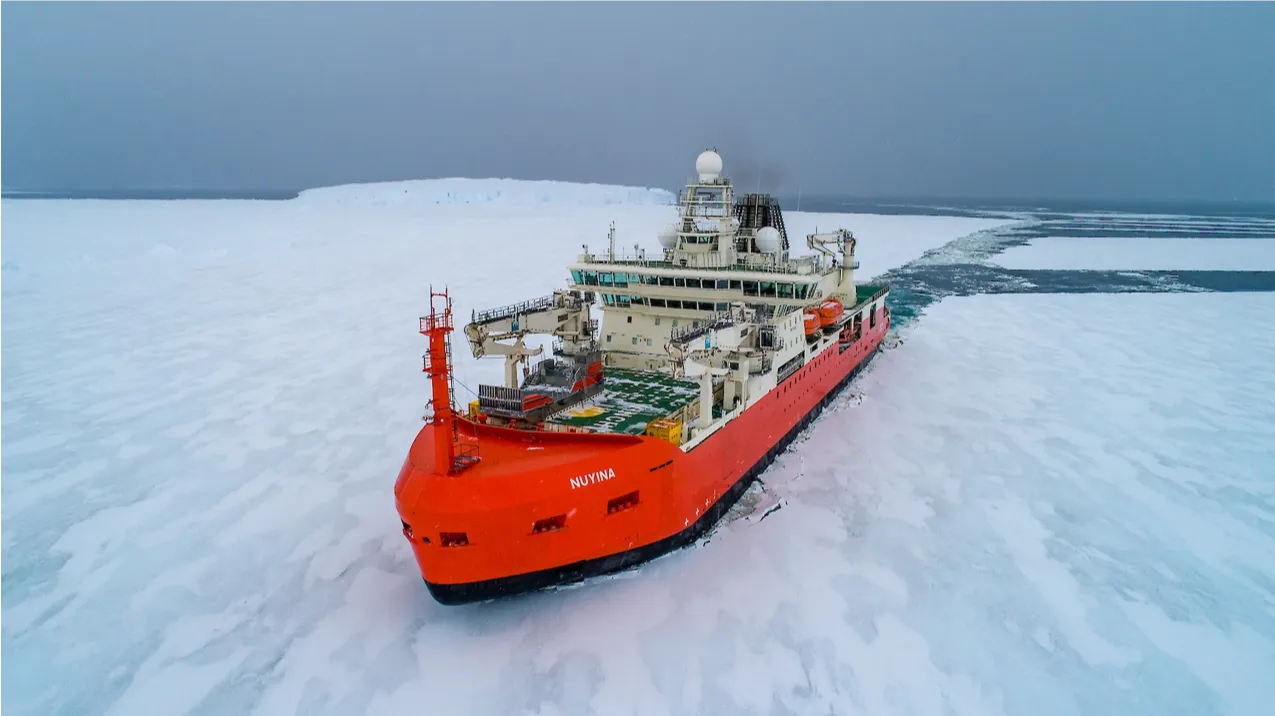Determination of surface water partial pressure/fugacity of carbon dioxide (pCO2/fCO2) is of great interest as it provides a means to determine flux of CO2 between the ocean and atmospheric and offers the opportunity to measure changes in surface water CO2 levels in support of ocean acidification research. Surface water CO2 levels are steadily increasing due to increasing atmospheric CO2 levels from anthropogenic sources, primarily burning of fossil fuels, and resulting increases in air-sea CO2 fluxes. However, the ocean CO2 sinks and surface water CO2 increases are not homogeneous in time of space. On a climatological scale the lower latitude oceans emit CO2 (CO2 sources) and higher latitude oceans sequester CO2 (CO2 sinks). Patterns change by season and are modulated by biological and physical processes. Multi-year anomalies are becoming apparent in the observational databases often linked to large-scale climate reorganizations such as the ENSO.
The surface water CO2 effort aims to quantify CO2 uptake and surface water CO2 changes on seasonal scales for the world's ocean to determine the sequestration of anthropogenic CO2, and elucidate the mechanisms of changing uptakes. This is in support of assessments of the fate of CO2 in the earth system and to determine impacts of rising and changing surface CO2 levels on ocean ecosystems. The observations are done from a variety of platforms with automated instrumentation. Currently most measurements are done on ships of opportunity (SOOP-CO2) and surface moorings utilizing similar systems that measure the CO2 content in the headspace of a chamber (equilibrator) that had seawater flowing through it such that headspace and water have the same CO2 concentrations. The infrared detectors used are calibrated at frequent intervals with traceable atmospheric standard gases providing a key link between surface water and atmospheric CO2 levels.
New instrumentation and new platforms are coming on line that will enhance the surface water CO2 observing network. These include smaller instruments with different calibration and equilibration procudures, and different detectors such as spectrophotometers. Autonomous surface vehicles utilizing wave, solar and wind power are being tested and deployed. Using pH measurements [on profiling floats] to calculate pCO2 is being investigated. In order to include these measurements into the surface water CO2 data holdings, careful tests and intercomparisons must be accomplished.
The surface water measurement component of IOCCP facilitates coordination of current observational efforts and interactions with other observing efforts, advocates for common best practices, and facilitates incorporation of new technology with an overall aim to establish a global sustained surface ocean CO2 network.

R/V Nuyina, Photo: Pete Harmsen
